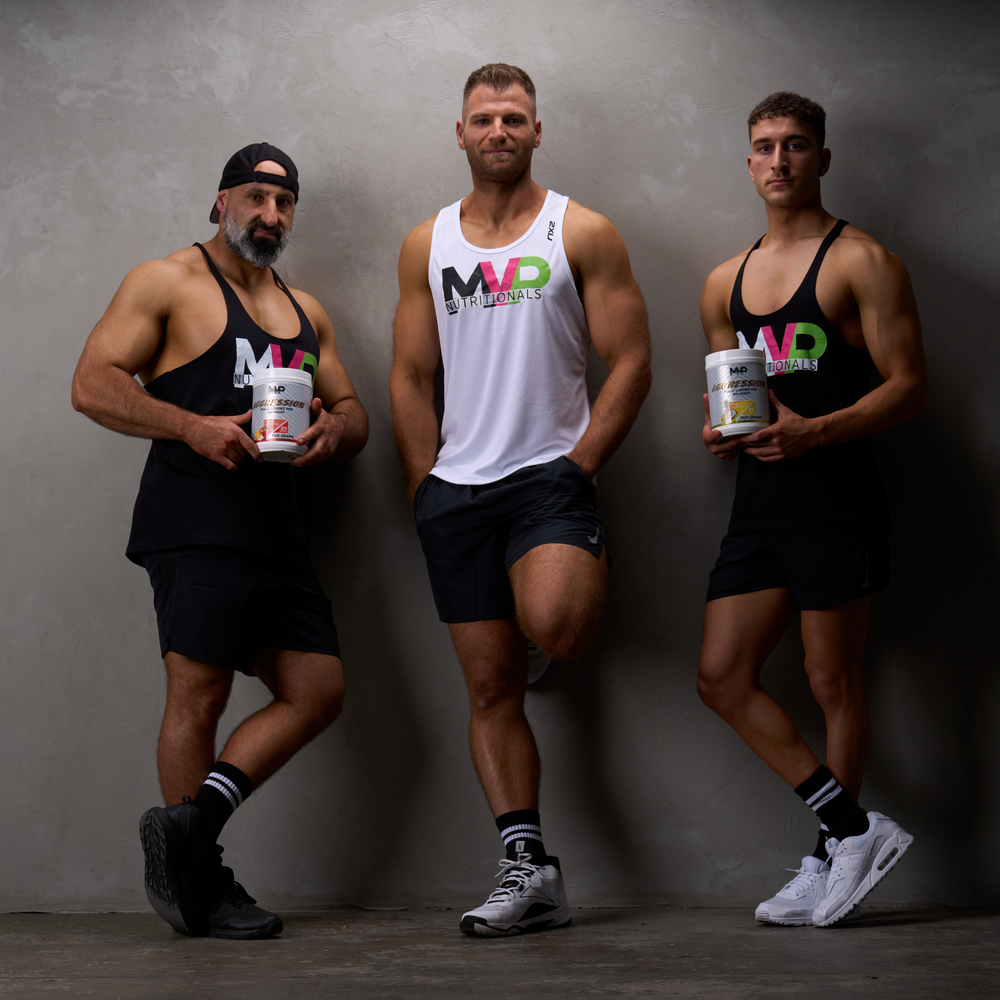Studies have shown that beverages containing glycerol can enhance and maintain hydration status and may improve endurance exercise performance by attenuating adverse physiological changes associated with dehydration. Improvements to performance include increased endurance time to exhaustion by up to 24%, or a 5% increase in power or work. However, some studies have found no performance benefits during either prolonged exercise or specific skill and agility tests. In studies that have shown benefits, the improvements have been associated with thermoregulatory and cardiovascular changes. These include increased plasma volume and sweat rates, as well as reduced core temperature and ratings of perceived exertion. In a very small number of subjects, glycerol consumption has been associated with side-effects including nausea, gastrointestinal discomfort, dizziness, and headaches. In summary, while glycerol and fluid ingestion results in hyper-hydration, the documented benefits to exercise performance remain inconsistent.
What is Glycerol?
Glycerol is a naturally occurring alcohol. It is an odourless liquid that is used as a solvent, sweetening agent, and also as medicine.
When glycerol is in the intestines, it attracts water into the gut, softening stools and relieving constipation. When glycerol is in the blood, it attracts water so that the water stays in the body longer. This might help an athlete exercise for longer.
People use glycerol for constipation, improving athletic performance, and for certain skin conditions. It is also used for stroke, obesity, ear infections, and many other conditions, but there is no good scientific evidence to support these uses.
Glycerol is banned by the World Anti-Doping Agency (WADA).
How Does Glycerol Enhance Hydration?
Dehydration in athletes alters cardiovascular and thermoregulatory function and may inhibit endurance exercise capacity if fluid loss exceeds 2% of bodyweight (BW). If this level of dehydration cannot be prevented when starting from a state of euhydration (normal hydrated stated; neither dehydrated nor hyper-hydrated), then athletes may create a state of hyper-hydration by consuming extra fluid prior to exercise. From this hyper-hydrated situation, individuals have a greater capacity to tolerate fluid loss before becoming dehydrated.
Glycerol combined with water hyper-hydration increases total body water when compared with water hyper-hydration alone.
Glycerol-containing beverages create an osmotic gradient in the circulation favouring fluid retention, thereby facilitating hyper-hydration and protecting against dehydration.
Cardiovascular benefits
Cardiovascular effects have been studied as a mechanism for enhanced endurance performance following pre-exercise glycerol hyper-hydration in 17 studies (Table 3). Eight of these showed benefits, including reductions in exercising heart rate,8,13,14,21,56 increased cardiac filling and stroke volume, and better maintenance of plasma volume.16-18 Combined, these effects indicate that glycerol hyper-hydration attenuates exercise-induced cardiovascular strain.8,16,18
Theoretically, the reduced cardiovascular strain could allow increased oxygen and nutrient delivery to working muscles, coupled with enhanced removal of waste products.62 In contrast, however, it should be noted that three studies showed higher heart rates following glycerol ingestion.7,18,51 In two of these, the higher heart rates coincided with power outputs that were,7 or tended to be,18 higher in the glycerol trials. The most likely explanation for these benefits is that the extra retained fluid maintains mean arterial pressure and prevents the large decreases in plasma and stroke volumes that occur with prolonged exercise.8 In this way, cardiovascular efficiency may be improved during endurance performance following pre-exercise glycerol hyper-hydration.
Thermoregulatory benefits
Glycerol has been shown in some studies to promote increase in sweat rates and increased blood flow.
Increases in sweat rates of 14–50% were seen in some studies that measured sweat rate following pre-exercise glycerol hyper-hydration. 6,18,21,51 Such increases should promote evaporative cooling, allowing an avenue to reduce core temperature.
Another of the observed thermoregulatory benefits is increased forearm blood flow, indicating increased distribution of circulating blood volume to the periphery. This would enhance heat dissipation via radiation, convection, and conduction. Only one study was identified that measured this parameter during exercise following glycerol hyper-hydration. 8
Dehydration results in a greater relative proportion of the total blood volume being required centrally to maintain mean arterial pressure. The result is a relative decrease in the amount of blood shunted to the periphery.8 With pre-exercise hyper-hydration, extra water within the body would be available to maintain blood volume for longer, and thus delay the point at which peripheral blood flow is compromised in favor of central blood volume.
Perceived exertion, thirst sensation, and thermal sensation
Because glycerol does not cross the blood-brain barrier, it is unlikely to have a direct central nervous system effect on subjective measures. However, by reducing the severity of dehydration, in conjunction with improving cardiovascular and thermoregulatory functions, glycerol hyper-hydration may reduce the perceived effort of exercise. Whilst results the result of research has been mixed, there have been many studies that indicate that subjects were able to maintain a higher work rate without feeling like they were working any harder. 7,10
Other perceptual markers, including thirst sensation and environmental symptoms questionnaire scores, have also been diminished following glycerol hyper-hydration, suggesting decreased perception of thermal strain. 10,56
Conclusion
Gycerol ingestion promotes fluid retention and delays dehydration.23 In this review,we discuss how the translation of these effects into performance benefits has not been consistently demonstrated. The effects of glycerol hyperhydration on thermoregulatory and cardiovascular physiology include higher sweat rates, reduced heart rates and core temperatures, increased forearmblood flow, and favorable subjective responses including reduced thermal sensation, thirst sensation, environmental symptoms questionnaire scores, and RPE. These effects have been associated with performance improvements including increased endurance time to exhaustion (up to 24%), increased work and power (up to 5%), and improved Olympic distance triathlon performance (approximately 10 min).
References
- Hitchins S, Martin DT, Burke L, et al. Glycerol hyperhydration improves cycle time trial performance in hot humid conditions. Eur J Appl Physiol Occup Physiol. 1999;80:494–501.
-
Anderson MJ, Cotter JD, Garnham AP, Casley DJ, Febbraio MA. Effect of glycerol-induced hyperhydration on thermoregulation and metabolism during exercise in heat. Int J Sport Nutr Exerc Metab. 2001;11:315–333.
-
Freund BJ, Montain SJ, Young AJ, et al. Glycerol hyperhydration: hormonal, renal, and vascular fluid responses. J Appl Physiol. 1995;79:2069–2077.
-
Montner P, Stark DM, Riedesel ML, et al. Pre-exercise glycerol hydration improves cycling endurance time. Int J Sports Med. 1996;17:27–33.
-
Montner P, Zou Y, Robergs R, et al. Glycerol hyperhydration alters cardiovascular and renal function. J Exerc Physiol (Online). 1999;2:1–10.
-
Coutts A, Reaburn P, Mummery K, Holmes M. The effect of glycerol hyperhydration on olympic distance triathlon performance in high ambient temperatures. Int J Sport Nutr Exerc Metab. 2002;12:105–119.
-
Magal M, Webster MJ, Sistrunk LE, Whitehead MT, Evans RK, Boyd JC. Comparison of glycerol and water hydration regimens on tennis-related performance. Med Sci Sports Exerc. 2003;35:150–156.
-
Marino FE, Kay D, Cannon J. Glycerol hyperhydration fails to improve endurance performance and thermoregulation in humans in a warm humid environment. Pflugers Arch. 2003;446:455–462.
-
Easton C, Turner S, Pitsiladis YP. Creatine and glycerol hyperhydration in trained subjects before exercise in the heat. Int J Sport Nutr Exerc Metab. 2007;17:70–91.
-
van Rosendal SP, Osborne MA, Coombes JS. Guidelines for glycerol use in hyperhydration and rehydration associated with exercise. Sports Medicine. In press.
-
Meyer LG, Horrigan DJ, Jr, Lotz WG. Effects of three hydration beverages on exercise performance during 60 hours of heat exposure. Aviat Space Environ Med. 1995;66:1052–1057.
-
Goulet ED, Rousseau SF, Lamboley CR, Plante GE, Dionne IJ. Pre-exercise hyperhydration delays dehydration and improves endurance capacity during 2 h of cycling in a temperate climate. J Physiol Anthropol. 2008;27:263–271.
-
Green HJ, Jones LL, Painter DC. Effects of short-term training on cardiac function during prolonged exercise. Med Sci Sports Exerc. 1990;22:488–493.



